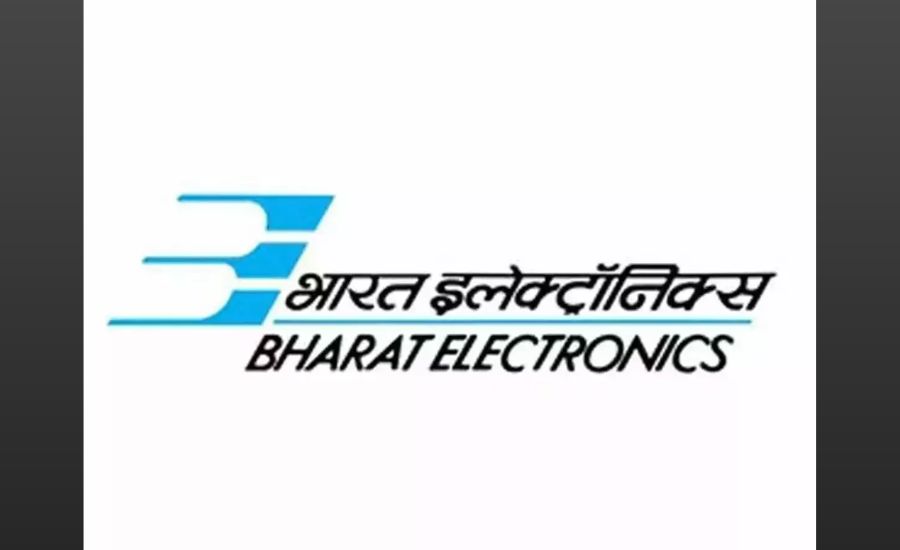New Delhi: India’s defence electronics giant, Bharat Electronics Limited (BEL) finds itself at the cusp of a game-changing opportunity. With the announcement that fresh orders totalling ₹537 crore have been won since 16 May 2025, BEL further revealed its strategic positioning in the long-range air-defence project known as Project Kusha.
What is Project Kusha
Project Kusha is heralded as India’s indigenous alternative to the Russian S-400 Triumf system, and BEL is vying to be the system integrator – a role that could unlock a contract worth around ₹40,000 crore.
Background of Project Kusha
India’s air-defence architecture has until now relied on layered systems including medium-range missiles and imports of long-range systems like the S-400. Recognising the need for an indigenously developed long-range surface-to-air missile (LR-SAM) system, the Defence Research and Development Organisation (DRDO) launched Project Kusha to fill the capability gap and provide a “made-in-India” answer.
Project Kusha envisages a multi-tiered defence architecture capable of intercepting aircraft, cruise missiles, unmanned aerial threats and other aerial platforms at extended ranges. According to available data, the system could feature interceptors with ranges up to 400 km and be networked into India’s integrated air-command and control architecture.
BEL’s recent filing highlights that in addition to its current contract wins, its positioning in Project Kusha places it at the forefront of one of India’s most ambitious defence manufacturing programmes.
Importance of Project Kusha for BEL
The potential BEL order from Project Kusha carries several layers of significance:
- Strategic defence self-reliance: By developing and integrating a long-range air-defence system domestically, India reduces dependency on foreign suppliers and asserts autonomy in a critical strategic domain. BEL’s pipeline of domestic orders aligns with the “Atmanirbhar Bharat” initiative.
- Industrial capability boost: A ₹40,000 crore order would dramatically enhance BEL’s order book, drive economies of scale, accelerate technology development in radars, command-control systems, missile interceptors and integration platforms.
- National security enhancement: With advancing aerial threats (stealth aircraft, drones, cruise missiles), a robust indigenous LR-SAM system elevates India’s deterrence and defence posture. Project Kusha aims to cover this threat spectrum.
- Global positioning: By mastering long-range air-defence integration, India enhances its export potential, defence credibility and can participate in global supply chains for advanced systems.
Key Challenges to Watch
However, realising this opportunity is not without hurdles:
- System integrator decision pending: BEL is still awaiting the government or DRDO’s decision on who will serve as the system integrator. If not selected, the ₹40,000 crore potential may not materialise.
- Prototype & trial timeline: According to earlier reports, prototype development is expected within 12–18 months, followed by user trials of 12–36 months. Delays or technical setbacks could push out induction and contract flows.
- Technological complexity: Developing radars, fire-control, interceptors and integration at long range is highly demanding. Ensuring performance, reliability and safety at scale will require rigorous testing and validation.
- Supply-chain and budget constraints: Realising a ₹40,000 crore contract involves massive manufacturing, procurement, workforce and logistics. Ensuring timely budget approvals and industrial capacity will be critical.
- Threat evolution: While Project Kusha is designed to meet current threats, rapid evolution in aerial warfare (hypersonics, swarms) may require continuous upgrades, raising lifecycle cost and technical risk.
Implications of Project Kusha
If BEL secures the integrator role and the contract flows:
- BEL’s financial and operational scale could enter a new phase of growth, strengthening its position among global defence electronics firms.
- India’s defence manufacturing ecosystem would receive a major boost: subcontractors, SMEs, R&D firms would gain orders and development mandates, strengthening localisation.
- The security architecture of India would shift meaningfully — reliance on imports for long-range air defence could reduce, and indigenous solutions could be fielded.
- Geopolitically, India strengthens its autonomy and defence-export posture, possibly influencing regional dynamics and partnerships.
Conversely, failure to secure the role or delays could dampen BEL’s growth expectations and slow India’s long-range air-defence ambitions.
Way Forward
For BEL, DRDO and India as a whole, the following steps are key:
- Finalise Integrator Decision – Government and DRDO should conclude selection of system integrator swiftly to give clarity and enable full mobilisation of design, production and manufacturing infrastructure.
- Accelerate Prototype & Trial Phase – BEL and DRDO must fast-track subsystems (radar, fire-control, interceptors) and ensure trials start as scheduled to meet timelines and mitigate schedule slippage.
- Secure Supply Chain & Ecosystem – Strengthen domestic vendor base, invest in advanced manufacturing, test facilities and workforce to support large-scale production.
- Budget & Contract Framework – Government must ensure contract structuring, acquisition norms and budgetary support are ready, reducing obstacles to order flow.
- Lifecycle & Upgradability Planning – Given fast-changing aerial threat environments (drones, hypersonics), the system should be designed for modular upgrades and export potential from early on.
- Export Strategy – As indigenous capacity matures, India should prepare a roadmap for export of components or systems built under Project Kusha, opening new revenue streams.
About BEL
Bharat Electronics Limited (BEL) is India’s premier defence electronics PSU under the Ministry of Defence, known for developing advanced radars, communication systems, weapon control systems, and missile-integration technologies. With a strong R&D base and growing export footprint, BEL plays a pivotal role in strengthening India’s indigenous defence capabilities and self-reliance under the ‘Atmanirbhar Bharat’ mission.



























